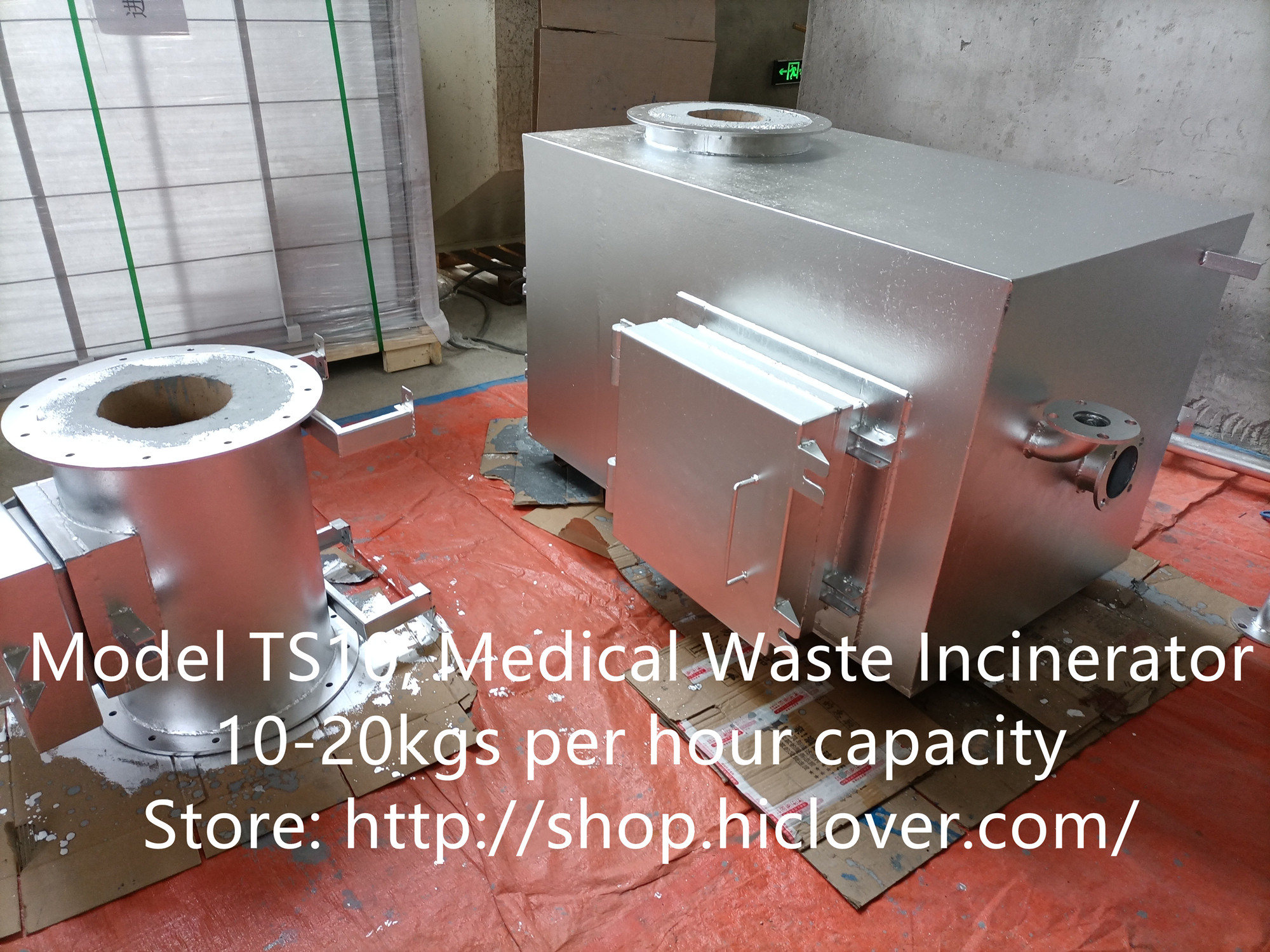Public health and safety is a crucial concern for communities and societies around the world. One of the key components of ensuring public health and safety is the effective treatment and disposal of clinical waste. Clinical waste, also known as medical waste, refers to any waste generated in the healthcare setting that may pose a threat to public health if not handled and treated properly.
Effective clinical waste treatment is essential for several reasons. First and foremost, it helps to prevent the spread of infections and diseases. Improperly managed clinical waste can contain harmful pathogens such as bacteria, viruses, and other infectious agents that can pose a serious risk to public health if they are not adequately treated and disposed of. By ensuring that clinical waste is properly treated, healthcare facilities can minimize the risk of spreading infections and illnesses to both patients and healthcare workers, as well as the general public.
Furthermore, effective clinical waste treatment is important for protecting the environment. Clinical waste often contains hazardous materials such as chemicals, pharmaceuticals, and radioactive substances. If these materials are not properly treated and disposed of, they can contaminate the soil, water, and air, leading to adverse effects on both human health and the environment. By treating clinical waste effectively, healthcare facilities can reduce their environmental impact and contribute to a cleaner and healthier planet.
In addition to protecting public health and the environment, effective clinical waste treatment also helps to comply with regulatory requirements and standards. Many countries have strict regulations and guidelines in place for the management and disposal of clinical waste to ensure that it is handled in a safe and responsible manner. Healthcare facilities must adhere to these regulations to avoid potential fines and penalties, as well as to maintain their reputation as responsible and ethical organizations.
There are several methods for treating clinical waste, including autoclaving, incineration, and chemical treatment. Each method has its own advantages and limitations, and the choice of treatment method often depends on the type and volume of waste being generated. Regardless of the specific method used, the key to effective clinical waste treatment lies in thorough and proper segregation, handling, and treatment of the waste to ensure that it is rendered harmless and safe for final disposal.
In conclusion, effective clinical waste treatment is vital for ensuring public health and safety. By properly treating and disposing of clinical waste, healthcare facilities can prevent the spread of infections, protect the environment, and comply with regulatory requirements. It is essential for healthcare organizations to invest in appropriate treatment facilities and to train their staff in the safe handling and treatment of clinical waste to minimize the risks and ensure the well-being of the public and the environment. Only through these efforts can we truly secure public health and safety.



